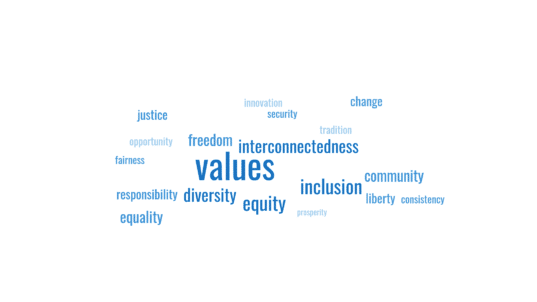Earlier last year, I came across a striking passage in a book on how computer “games” should be re-shaping education.
One needn’t be familiar with the specifics of the game mentioned in the passage’s first sentence to follow the author’s thinking. However, it is important to keep in mind that his most fundamental notion is that well-designed computer “games” can allow learners to intervene in the real world and thus truly learn by doing. For example, a computer simulation “game” now under development by the author’s group lets 12 year olds re-plan the city they actually live in using the kind of software a planner might use and thus learn by doing without going to City Hall or getting jobs with a consulting firm.
Here’s the passage:
As players in Digital Zoo test and revise their projects in the simulated microworld […] they also test and revise their understanding of engineering and physics. However, they don’t do this on their own, without any guidance. Wandering around in a rich computer environment without guidance is a bad way to learn. Learners are novices, and letting them work in a simulation without support leads to the very real human tendency to look for patterns and to develop creative but spurious generalizations. The knowledge that matters in any domain is the knowledge that experts have—the knowledge they use to see the world, solve problems, and justify their answers. Any simulation for learning needs to be set in context if you want someone using it to develop professional vision about what is being simulated. (David Williamson Shaffer. How Computer Games Help Children Learn. New York: Palgrave MacMillan, 2006. p. 68).
I found this passage so arresting because it immediately raised a series of questions about our educational activities, about the recently circulated excerpt from Shop Class as Soulcraft, and about education more generally.
I’m not going to do more than raise some of these questions and suggest how little help Shop Class as Soulcraft is in answering them; I think each is worthy of further exploratory effort on the part of all of us involved in IF’s educational activities.
Before I do that, I think most of us would agree with the author of Shop Class as Soulcraft that such a thing as “practical knowledge” exists and that it can’t be fully expressed in language: at some point, medical students stop reading books and start actually practicing (sic) medicine; at some point, pilot students move from classroom to cockpit. I think most of us would also readily agree that “professional knowledge” is what makes a professional, a “professional”—and that it’s professional knowledge that we count on when we rely on a lawyer, doctor, a pilot—or a motorcycle mechanic.
But that leaves the important questions unanswered, especially for an organization like IF, whose teaching mission focuses on citizens.
- By very definition, the “tacit knowledge” of “the guru” can’t be taught. But surely some sorts of practical knowledge can be, else we’re out of business (and so are law schools, medical schools, and pilot training programs). So the first question is: Is leaving the “novice” to tinker on his/her own with the aid of the guru’s “manual” (the only example we get in Shop Class as Soulcraft) the best way? Or is Shaffer right that this approach is “a bad way to learn” (however gratifying it might be) because it leads to “creative but spurious generalizations” on the one hand, and leaves out critical “context” on the other?
- The second question follows from the first. If Shaffer is right about the importance of “guidance” and “context”—what more can we say about the forms these should take? We have a well-developed answer for this question as it relates to facilitation as practical knowledge, but what about the other sorts of practical knowledge students gain in their training?
- More broadly, What practical skills—beyond discussion and facilitation— does the citizen (most) need? (Articulating a well developed answer to this question will amount to a huge advance over the tired, nearly meaningless, invocation “critical thinking” that continues to echo through the halls of higher education.)
- As John Dewey discovered, the previous question can’t really be answered—that is, answered well—without answering an even broader (or deeper) question, namely What is a “citizen”? Ever since Aristotle (who also invented the concept of “practical knowledge”) the Western world has tended to separate “the political” from everything else. But this division, like all dichotomies, is not only suspect, but confining. Try coming at this question without categories like “democracy,” “the nation,” “the community,” “the state”—and you may be surprised at the answer you arrive at.
In short: citizens, their skills, education’s contribution, educator’s roles. Pick your entry point; they’re all interactive.



